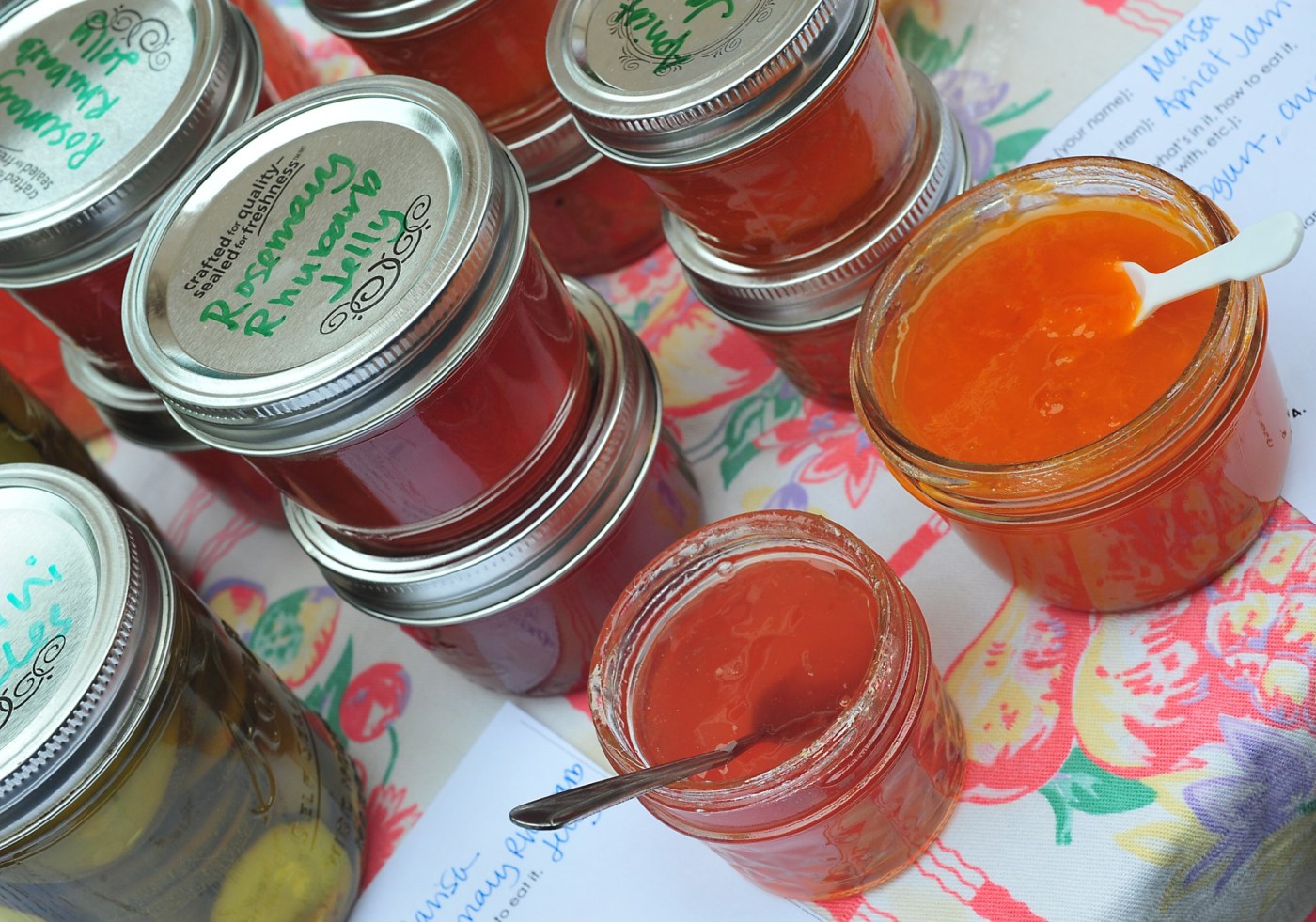In a recent reflection on the state of human values, the Rev. Christine Sobania Johnson, pastor of College Hill Moravian Church in Bethlehem, highlighted the challenges of nurturing the vital attributes known as the Fruit of the Spirit. These include love, joy, peace, patience, kindness, generosity, faithfulness, gentleness, and self-control. As society faces numerous upheavals, Johnson compares the preservation of these virtues to the art of food preservation, noting that just as seasonal fruits can be transformed into jams and jellies, the cultivation of spiritual fruits requires intentional effort and care.
Johnson’s thoughts resonate against a backdrop of increasing global conflict and societal strife. In a stark announcement, United Nations Secretary-General Antonio Guterres pointed out that, “The world is spending far more on waging war than on building peace.” He emphasized that military expenditures are diverting critical resources from essential areas such as health, education, and poverty alleviation, labeling the current trajectory as “unsustainable.”
The decline of kindness has also been documented. The 2025 Compassion Report from the Muhammed Ali Center reveals that 61% of Americans feel that compassion has been diminishing in recent years. The World Happiness Report further paints a grim picture, indicating that the United States has dropped out of the top 20 happiest nations, with younger generations expressing significant anxiety and dissatisfaction. Those under 30 ranked 62nd globally for life satisfaction.
Johnson draws a parallel between the seasonal nature of fruit and the ebbs and flows of human compassion and joy. She notes that during difficult periods, the qualities that typically flourish can seem diminished or bruised. The vibrant attributes described in Galatians 5:22-23 may not be readily apparent when societal conditions are harsh. In a poignant reflection, she writes about the “toxic” conditions that can stifle personal growth and fulfillment, as outlined in the same biblical chapter.
As communities grapple with these challenges, Johnson encourages individuals to turn to preserved virtues when fresh expressions of love and joy are not readily available. She suggests using the metaphor of raiding a pantry stocked with homemade jams and jellies to find nourishment in difficult times. “When discouraged, open a jar of joy. When crushed, turn to kindness. When utterly wrecked, break out the best — the jar of love,” she advises.
The act of sharing these preserved virtues is equally important. Johnson emphasizes that those who cultivate spiritual fruits should be generous in sharing them with others. Just as homemade preserves can brighten the coldest winter days, acts of kindness and love can uplift those around us when they are most needed.
Until conditions improve and the environment becomes conducive for the fresh growth of the Fruits of the Spirit, Johnson advocates for a commitment to sustaining and sharing these essential qualities. In her view, this collective effort can create a more nurturing atmosphere where love, joy, and kindness can once again flourish.
The message from the Rev. Christine Sobania Johnson serves as a reminder of the importance of preserving the best of our humanity, even in the face of challenges. Her call to action invites everyone to reflect on their role in fostering a climate of compassion and understanding, ultimately contributing to a more harmonious society. For more information, visit the College Hill Moravian Church website at www.collegehillmoravia.org.
